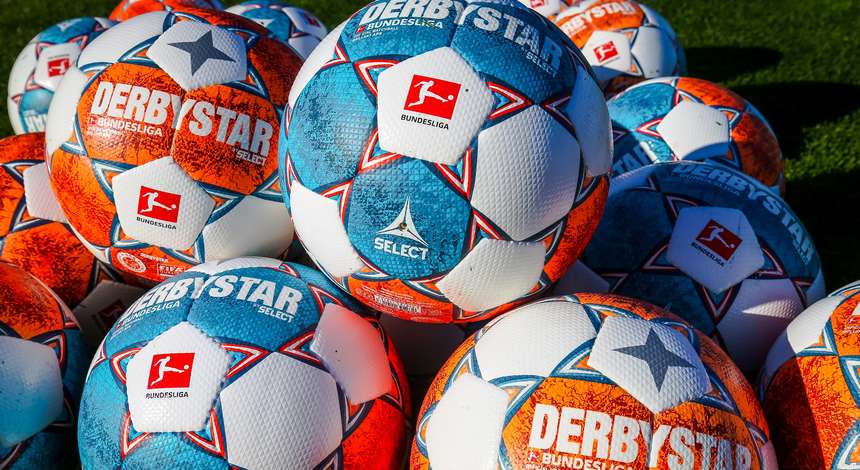
The clubs are sending out a clear signal on the subject of sustainability. As the first big professional football leagues, the Bundesliga and Bundesliga 2 are including sustainability criteria into their licensing regulations on obligatory basis next season. In addition, the commitment to seeking to act in an economically prudent, ecological and socially sustainable manner is being incorporated in the DFL e.V. constitution.
The specific content will be finalised in the coming months and will be based on the Sustainable Development Goals (SDG) of the United Nations, the assessment of external experts, cooperation with the DFL working party on sustainability as well as the club working party on responsibility.
Implementation will initially start with a pilot stage in the 2022/23 season where the clubs will receive an overview of the relevant status quo as well as their potential. That will be followed by a transition period where necessary subsequent developments can be implemented. 2023/24 will see the implementation with the appropriate requirements and sanctions in the event of non-fulfilment of criteria. At the same time, the economic and structural conditions of each individual club are to be taken into account.
parameters set for licensing procedure
In addition to sustainability, further aspects of the licensing regulations have been set. That includes the parameters for the licensing procedure for the coming season. The only difference from last season is that affected clubs can again be subject to capital and/or planning quality constraints. Capital constraints will be applied according to existing financial constraints in a modified form due to the pandemic: Negative equity must not immediately be improved but it must not allow to become significantly worse.
compulsory emergency training
Furthermore, annual emergency training for medical personnel in the Bundesliga and Bundesliga 2 will be obligatory in the future. The content of the courses will include for example life-saving measures in the event of cardiac arrest including the use of a defibrillator, the identification and treatment of acute head injuries such as concussion such as emergency treatment of spinal injuries.
club-Fan dialogue strengthened
From the 2022/23 season, the licensing regulations will also include for the first time binding provisions for club-fan dialogue. This includes forthwith the obligation that all subjects are covered that directly or indirectly affect fan groups and that the people represented in the club-fan dialogue reflect the diversity of fans at the ground. The DFL fan affairs department will produce guidelines for explanation and clarification of the dialogue regulations in the coming months.
VBL to be third official DFL competition
The club is also show their commitment to the Virtual Bundesliga (VBL): The VBL should join the Bundesliga and Bundesliga 2 as an additional competition in the DFL statutes to continue to develop professionalisation and establishment of the E football competition. That was decided by the assembly on principle. In the next step, the DFL will prepare a concrete resolution to be voted on at the next Members Assembly.
Hans-Joachim Watzke succeeds Peter Peters
Finally, Hans-Joachim Watzke, CEO at Borussia Dortmund, was elected as the chair of the supervisory board of the DFL Deutsche Fußball Liga GmbH and first deputy speaker of the DFL Deutsche Fußball Liga GmbH e.V. steering committee. He will replace Peter Peters on 11 March 2022, who has been on the supervisory board of the DFL since 2004, and took over as chair of the committee following the resignation of Reinhard Rauball in 2019.
Related News
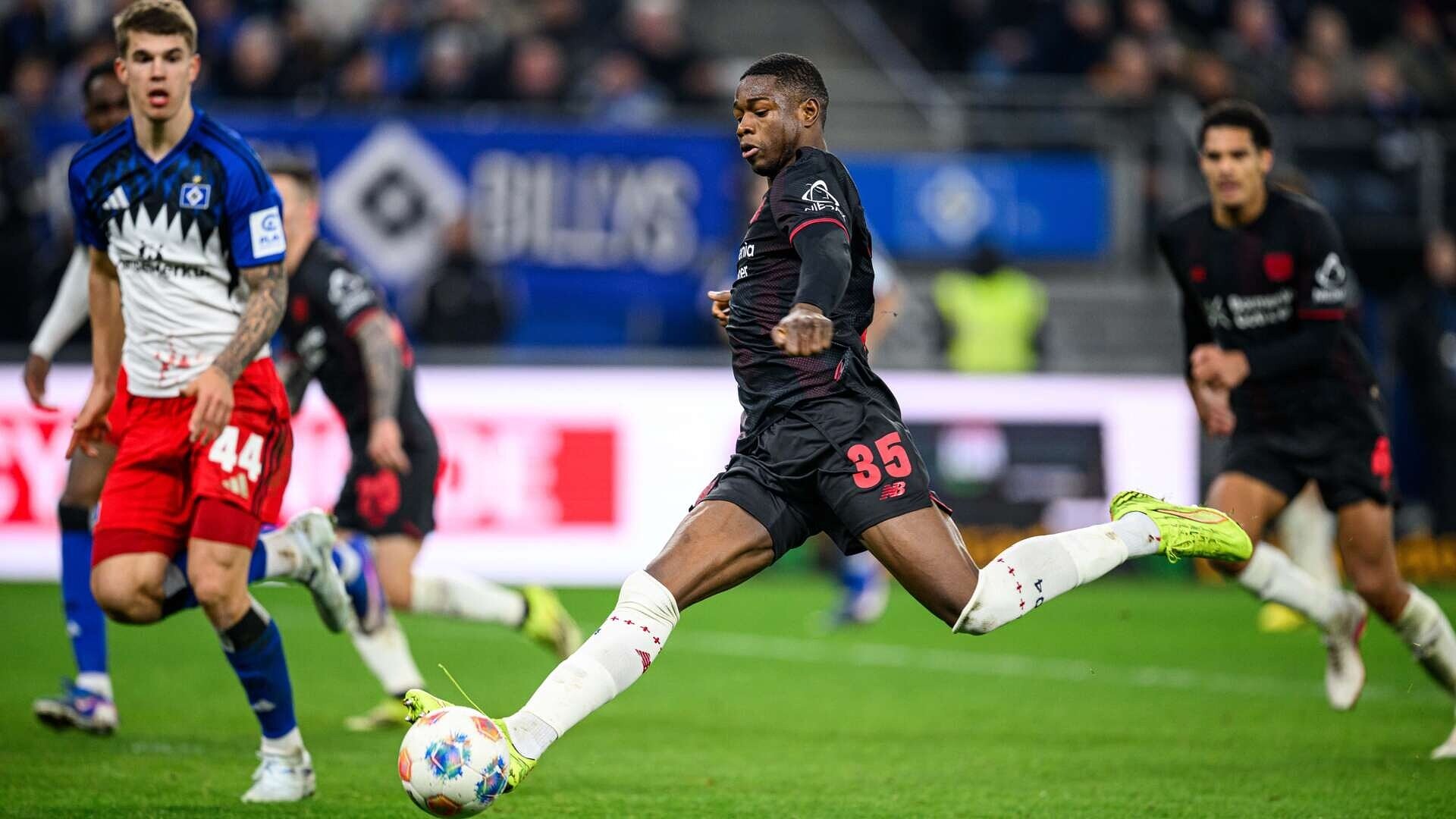
TV highlights of 1-0 win in rearranged match at Hamburg
Werkself TV shows the highlights of Bayer 04's 1-0 win in rearranged match at Hamburger SV on Matchday 17 of the 2025/26 Bundesliga season...
Show more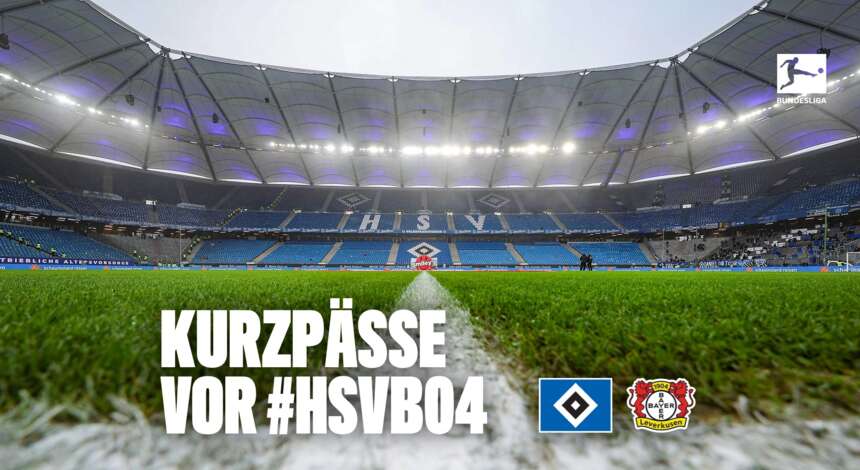
Matchday News #HSVB04: First meeting with Hamburg in eight years
Bayer 04 face Hamburger SV for the first time since February 2018 in their rearranged Bundesliga Matchday 17 clash. After long years in the second division, the Red Shorts have gradually reestablished themselves in the top flight this season, thanks in particular to their strong home record and third-best tackle success rate in the league. There'll be a fierce battle in the air too, as three of the highest-scoring centre-backs in the Bundesliga could be on the pitch at the Volksparkstadion - two of them for Leverkusen. The Matchday News.
Show more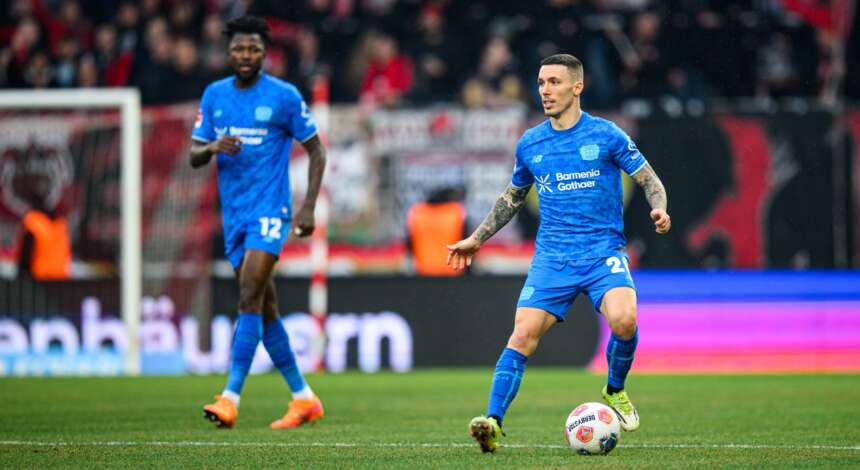
Vote for Tapsoba or Grimaldo as February Player of the Month now!
Video games manufacturer Electronic Arts (EA), together with the Deutsche Fußball Liga (DFL), has announced the six nominees for the February 2026 Bundesliga Player of the Month award. Not one, but two Werkself players are on the list in Edmond Tapsoba and Alejandro Grimaldo. Supporters of the Black-and-Reds have from now until midnight on Sunday 8 March to vote!
Show more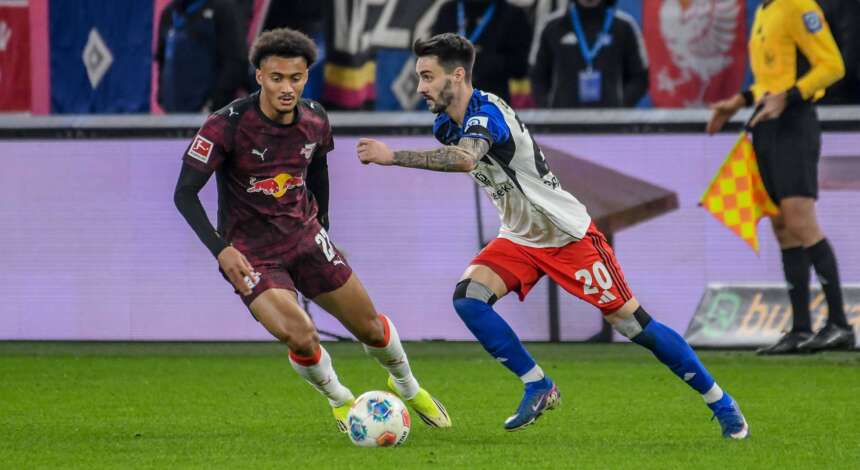
Opponents update: Werkself visit counter kings of the league
After the original fixture on 13 January was postponed due to weather-related structural risks to the Volksparkstadion's roof, Hamburger SV now host Bayer 04 Leverkusen this evening, Wednesday 4 March (kick-off 20:30 CET), in the rearranged Matchday 17 meeting. It's a second home game in three days for HSV - an update on the opponents.
Show more